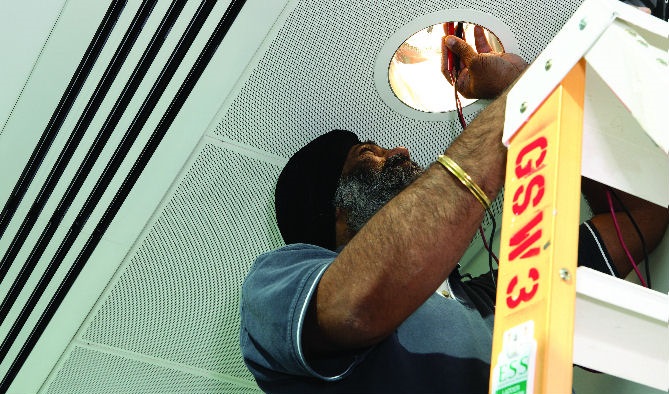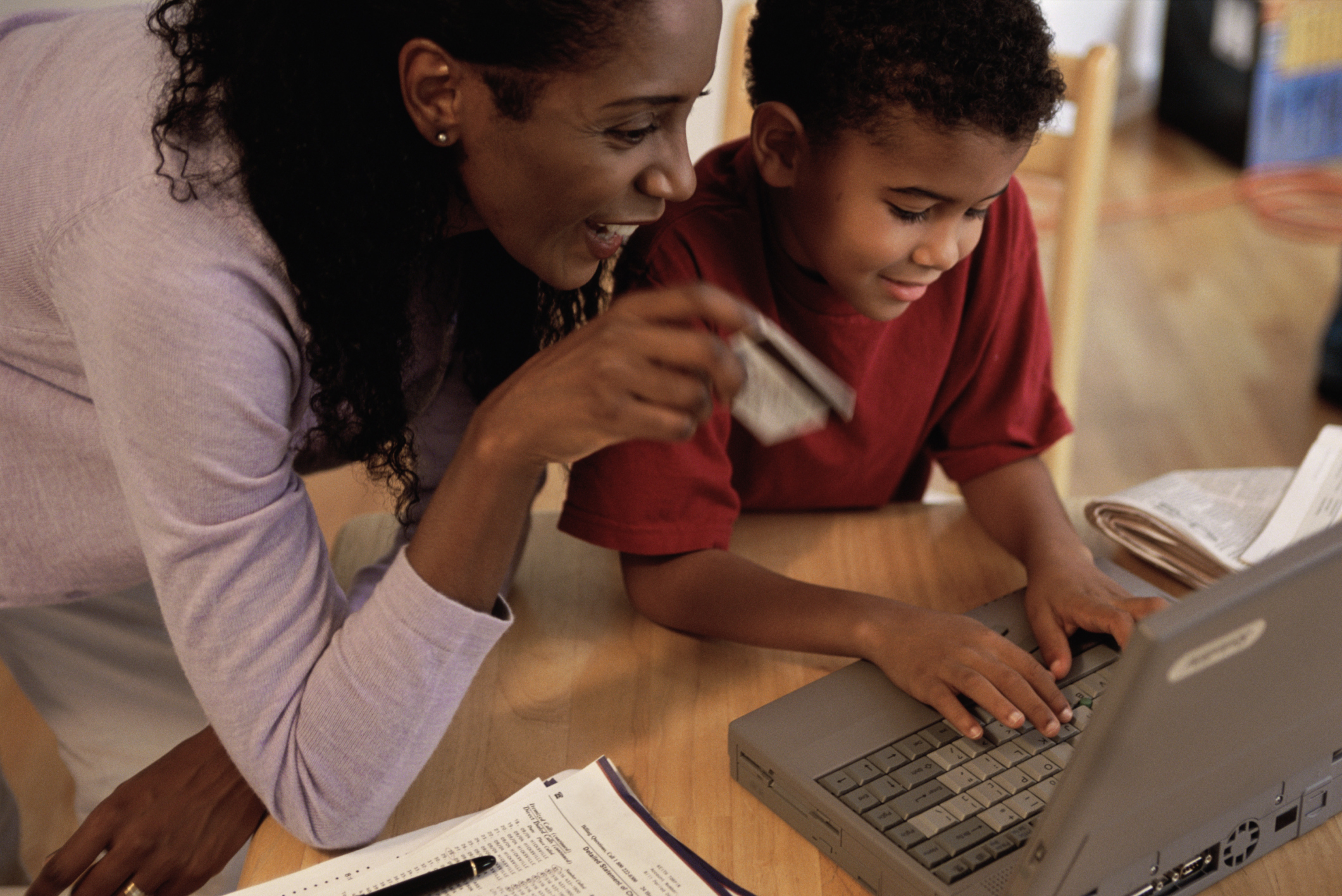Building trust
Building trust is the key to engaging with Black and Asian ethnic minority (BAEM) communities — who face serious health inequalities such as higher rates of infant mortality.
This was an idea that CPHVA member and district manager for health visiting Alis Rasul understood intuitively — but it wasn’t until she carried out her award-winning project that she came to realise just how important trust was in reaching out to communities whose voices all-too often go unheard.
As a winner of the prestigious Mary Seacole Awards, Alis received funding to co-deliver a culturally sensitive health visiting programme that supported the mental health of Muslim families.
The Birmingham health visiting service teamed up with the social enterprise Approachable Parenting to deliver a parenting programme for Muslim mums and dads, many of whom often don’t engage with such programmes because they don’t feel it speaks to them and their values.
Two health visitors were trained in the Approachable Parenting model, which emphasises connecting with BAEM communities, especially those who practice the Muslim faith.
A year on, and feedback from the project has reflected resounding success.
“Parents spoke very positively of their experiences – this to us demonstrated that it wasn’t that they didn’t want to engage with services such as health visiting,” Alis said, speaking to UniteLive after last week’s Mary Seacole awards. “They just wanted people and ideas they could relate to.”
Alis said there is strong evidence suggesting that, for example, Muslim mothers tend to feel less inclined to share mental health issues with friends or family, which may contribute to higher rates of perinatal mental health problems in this group.
“But it’s all about breaking down those barriers and engaging with these communities. There is immense pressure on new mothers in Muslim communities in particular to meet family demands and in the process they lose their sense of identity outside the parenting role,” she said. “In this context, the parents we worked with were very responsive to the idea of the need to have more time to themselves, to care for themselves so that they could better care for their children.”
Ultimately, what Alis said she discovered from her project is that once trust and relationships with BAEM communities are formed – a process that’s made more effective, when, for example, BAEM health professionals themselves help to deliver services to BAEM communities – then engagement improves.
“We were especially thrilled to see how positive parents were about health visitors and the health visiting service in general,” she said. “They said they wanted more contact with health visitors and had strong confidence in the health visitor role. This is especially heartening at a time when health visitor numbers are declining – this is yet more evidence that we need to increase numbers to meet the needs of the families we serve.”
Alis praised the Mary Seacole Awards, funded by trade unions including Unite, which enables participants to better serve BAEM communities.
“The Mary Seacole Awards acknowledges that there are hidden communities who are seldom heard,” she said. “It’s only through acknowledging the problem and working towards change that we can end the massive health inequalities that BAEM communities face.”
Unite lead professional officer Obi Amadi, who also chairs the Mary Seacole awards committee, praised this year’s projects.
“Once again, the panel members were presented with very high-quality projects that will benefit and improve the lives of those from the BAEM communities,” she said.
“Today’s scholars have spent the last year working hard and refining their projects. It is wonderful that they have now completed them, following vigorous scrutiny from their mentors. They are now proudly inducted into the rollcall of Mary Seacole alumni.
“We hope that their individual efforts will act as a spur for those thinking of coming forward to participate in the Mary Seacole awards in the years to come.”
You can find out more about Alis’ project here.
- Pictured L-R: Obi Amadi and Alis Rasul
 Like
Like Follow
Follow


